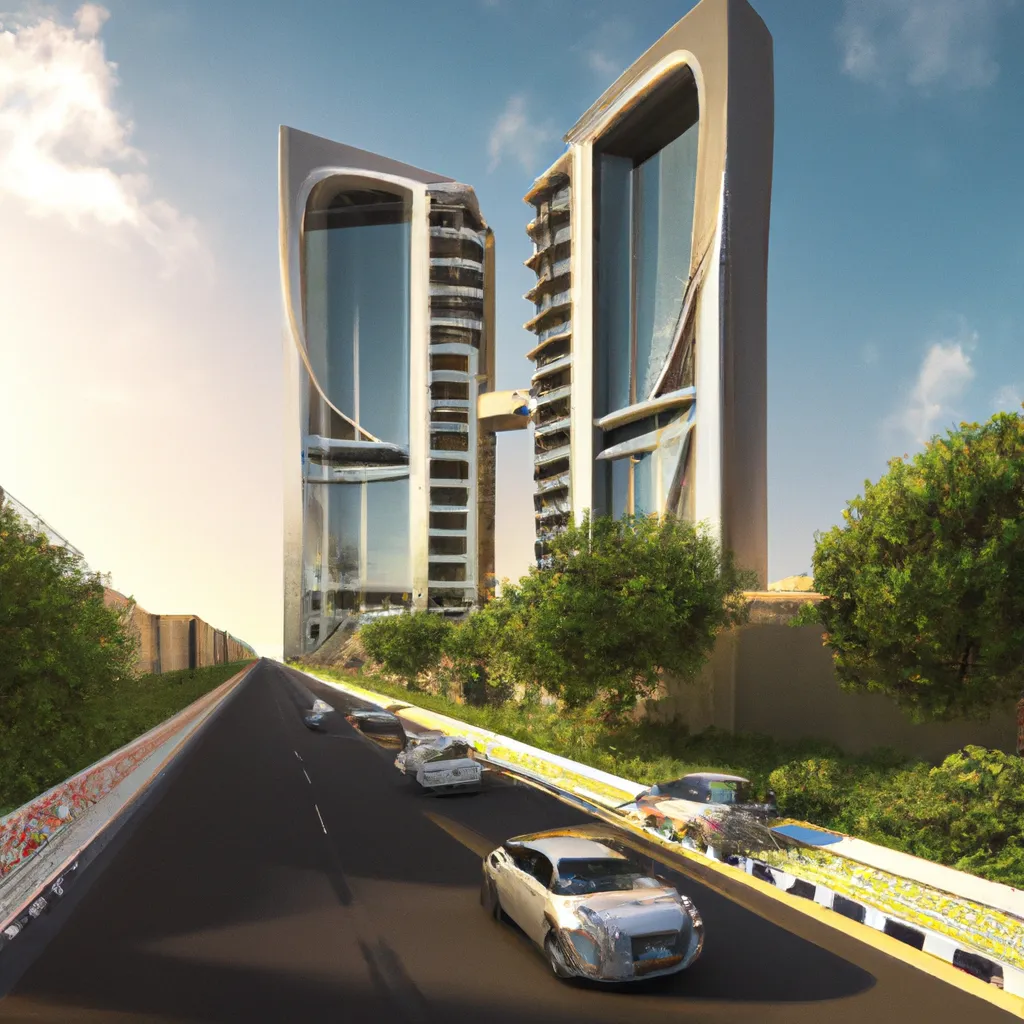5 reasons to invest in real estate under construction in Dubai

In 2022, there was significant growth in Dubai's real estate sector as sale transactions rose by 76.5 percent. The unplanned properties segment is particularly pleasing to the eye with performance increasing by an astonishing 144 percent, which contributed to the overall real estate growth in the UAE. It is noted that this positive impact will continue into 2023 as another 115,000 properties are under construction, of which 34,000 are already 70 percent complete and expected to be delivered by the end of the year.
Despite factors known for their ability to cause economic downturns, such as the ongoing turbulence in Europe and the looming global recession, the UAE real estate sector is thriving due to changing consumer behavior. One-third of the nation's population is between the ages of 20 and 30, and 90 percent of this group prefers to rent real estate at the start of their careers. Nevertheless, many of these people who have been saving to buy are ready to invest their money in affordable unplanned development sites.
The growth of unplanned properties was also greatly influenced by last year's FIFA World Cup in Qatar. Participants, many of whom are high-net-worth individuals, traveled through Dubai, contributing to a greater understanding of the benefits of the emirate and its global prominence. Due to the continued attention attracted by the UAE and the long-term profitability of investing in unplanned properties, the increased interest in unplanned properties is attributed to several market factors.
The acquisition of unplanned properties allows investors to purchase real estate as early as possible and at the lowest possible price, while offering a variety of options to select the best properties under development. In addition, the payment schemes offered are an affordable option, especially when compared to typical project completion costs of 20-25 percent. Another advantage in unplanned real estate is the convenient payment system that allows investors and consumers to benefit. The deferred payments can be divided into two parts: the first installment is 10 percent of the value of the property at contract signing, the next 30 percent is paid in installments over 18 months of construction, and the remaining 60 percent is paid at handover.
1 May 2025
14 May 2025





Sale hotels in Jumeirah Lake Towers with city view 190 600 $

1

2

80

Sale office in Jumeirah Lake Towers 368 000 $

1

127
After completion, owners who rent out their properties can expect a guaranteed annual minimum net profit of five percent, even in emerging areas of Dubai such as Jumeirah Village and Al Furjan, which continue to be some of the most attractive options for affordable, high quality housing.
The Dubai real estate industry is governed by the Real Estate Regulatory Authority (RERA), which has implemented a regulatory system that protects buyers from delays and project cancellations. The law, introduced in 2017, provides protection to buyers of unplanned properties from developers who fail to fulfill their contractual obligations. Investors can buy unplanned properties with the assurance that their interests are protected at all times, as payments are made only into regulated accounts, which developers have access to only after construction milestones have been met. If an unplanned property is purchased with the intention of living in it in the future, the owner can rest assured that they will be the first to use their purchase. The inheritance, as well as the building itself, will be provided to him with fully serviceable premises for one year, ensuring that the developer is obliged to rectify any defects that may arise.
In addition, developers and contractors have a 10-year responsibility to keep the buildings safe. In addition, new facilities often have improved designs, technology, and amenities. For example, the first LEED Gold certified and integrated into the well-being of residents project, ZaZEN Gardens, is currently under construction in Al Furjan. Once completed, it will help residents live a better life through modern sustainable design, high-quality finishes, easy accessibility and a wide range of community amenities, in line with the Dubai City Plan 2040 and the UAE's Commitment to achieve zero emissions by 2050.
Madhav Dar is co-founder and executive director of ZaZEN Properties. The opinions expressed in the article are his own and do not reflect the policies of the newspaper.
Comment
Popular Posts
Popular Offers

Subscribe to the newsletter from Hatamatata.com!
Subscribe to the newsletter from Hatamatata.com!
I agree to the processing of personal data and confidentiality rules of Hatamatata





